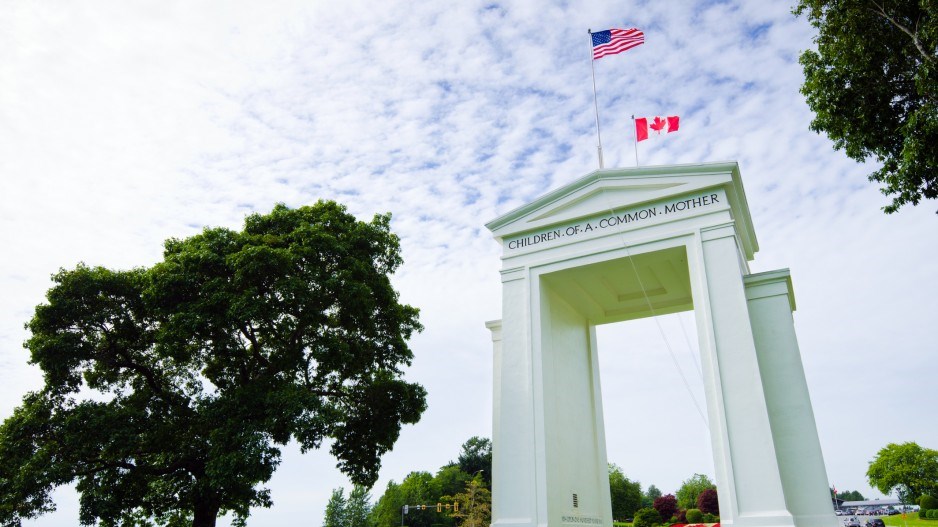Canadians travelling over the border for fewer than 72 hours will soon no longer need to produce a negative PCR test for COVID-19 when returning home.
The new measures go into effect November 30.
“This change will apply to trips both by land and by air,” Health Minister Jean-Yves Duclos said during a Friday briefing.
“We will be re-evaluating the entry requirements for American citizens coming to Canada and we’ll provide an update at a later date.”
With regards to the distinction between Canadian and American travellers, Dr. Howard Njoo, Canada’s deputy chief public health officer, said the risk is “pretty minimal” for Canadian travellers taking short trips whereas American travellers may have been more exposed to more “hot spots” in their country.
Dr. Theresa Tam, Canada’s chief public health officer, noted fully vaccinated individuals have a reduced risk of becoming infected with COVID-19 but they can still potentially transfer the virus to others.
“Our health system is fragile,” she said.
“Now is not the time to let our guards down.”
American authorities opened their border to fully vaccinated Canadian travellers on November 8, however, Ottawa still required any travellers coming over the land border to produce a negative PCR test. U.S. authorities have no such requirement for those arriving at their border.
Meanwhile, Duclos also confirmed Canada would be reducing the number of entry exemptions given to adults who are not fully vaccinated beginning January 15, 2022.
The few who receive exemptions will be subject to requirements such as testing before and after entering the country, as well as mandatory quarantine.
Prior exemptions have been given to individuals travelling to reunite with families, professional and amateur athletes, international students 18 years old or older, most temporary foreign workers, essential service providers and cross-border essential workers such as truck drivers.




